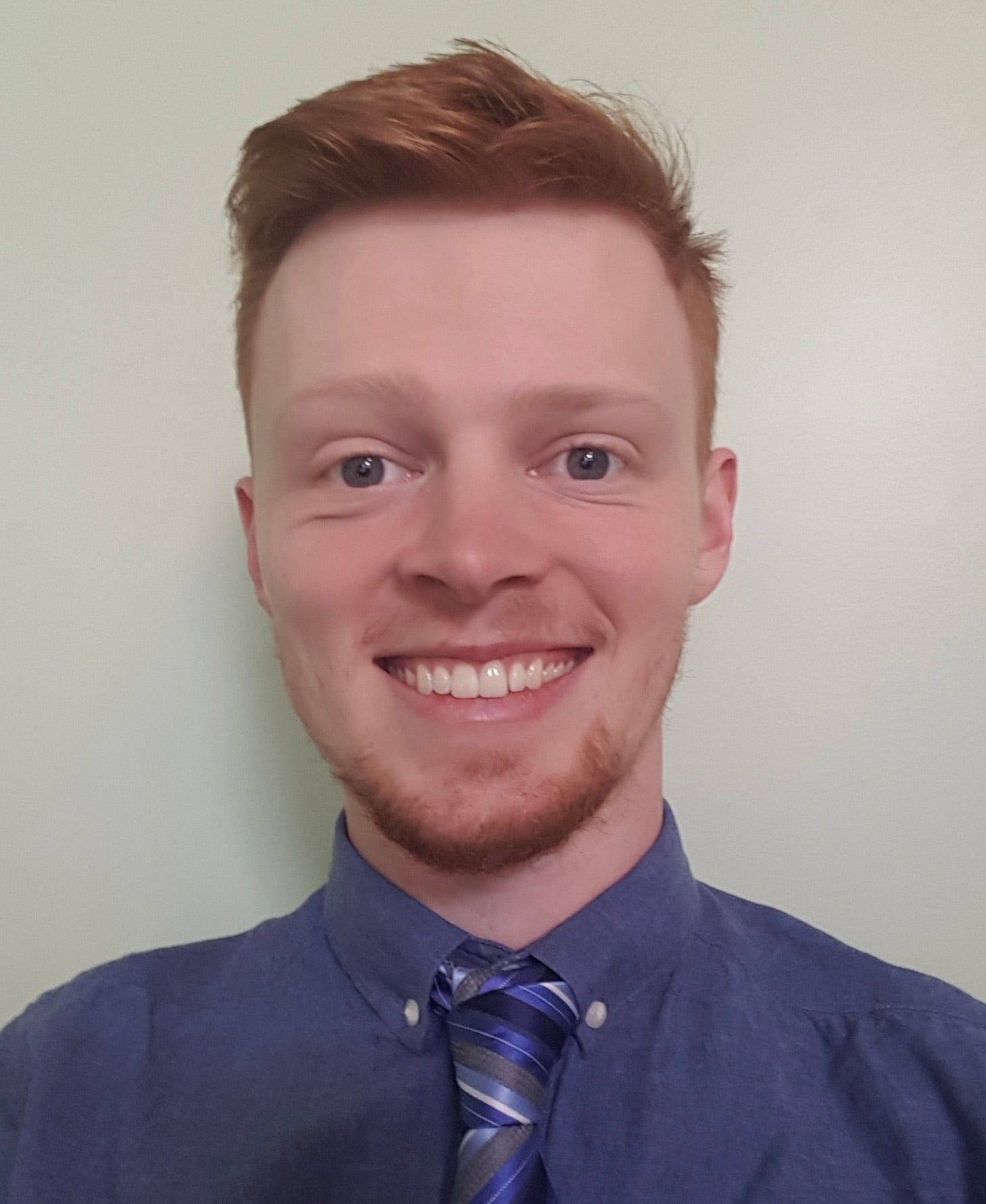
Ryan Bromley is a 3A Arts and Business student with a Peace and Conflict Studies (PACS) major. Ryan was a fall 2021 Enterprise Co-op pitch winner. Enterprise Co-op (E Co-op) is a co-op pathway that allows students to pursue an entrepreneurial co-op option in which students start their businesses while earning a co-op credit. Ryan’s original pitch was to create a “Peace to co-op” business that would teach university students critical personal and professional skills related to PACS. Throughout the work term, Ryan displayed incredible flexibility, drive, and vision in his journey through the term as he worked towards a dream that extends beyond the four months of the co-op.
Ryan noticed a division in education between people in different academic disciplines, particularly between ARTS and STEM students when students' educational pathways diverged within auniversity setting. Because of this, Ryan noticed that it was more difficult to communicate with STEM students about what each of them was learning in a social setting. He also noticed that students lacked enthusiasm about PACS even though PACS – specifically interpersonal conflict- is a part of everyday life. His goal was to create short, entertaining, and humorous educational videos that communicate important PACS skills to students. With this goal in mind, he began communicating with PACS professors to learn which PACS skills were in the highest demand, and how PACS courses are taught.
As the semester continued, Ryan pinpointed exactly whom he wanted to target with his product. After talking with Tech Start-up CEOs, Ryan found that there was a need for technologically talented young professionals with strong soft skills, like the skills taught in PACS disciplines. The skills in the highest demand were conflict resolution and communication skills. With his target market in mind, Ryan decided to talk to STEM professors to learn how STEM courses are taught. He envisioned creating hybrid courses for employers and employees at Tech Start-up companies. These courses would include some fully online crash courses roughly one hour in length and some in-depth hybrid courses that would be completed over a series of weeks or months.
Ryan created a prototypical training piece using the research he had gathered to teach conflict resolution to teach students. He communicated conflict resolution skills from PACS 202: Conflict Resolution using the analogy of a computer and the ‘if, then’ model of teaching he had learned from STEM professors. For example, Ryan shared that in conflict, walking away from a disagreement or shutting down is like turning off a computer.
If you press the power button and just walk away from the conflict, the problem is still there, and you are going to have to come back to it.
By comparing conflict resolution to a computer, Ryan bridged the gap in learning between STEM fields and arts faculties. He also ensured that scenario-based reflection tasks were rooted in situations many STEM students have been in before.
For example, two engineering students are working on an assignment, and the prototype they were tasked to build has not functioned and each student is blaming the other. I posed the question ‘How are you going to mediate, or problem-solve here’? I am sure many students working with tech have come across an issue where the tech has malfunctioned, and an argument broke out, so no one was able to get anywhere. Putting conflict resolution into a tech framework for the learning modules was something that appealed to that target audience.
Although Ryan did not create the business he originally intended to by the end of the semester, he spent the necessary time to fine-tune an innovative idea he plans to continue in the future. He has a continued passion for bringing down educational barriers between people from different disciplines. He also plans to further investigate the relationship between tech and arts fields this academic year.
Prior to my co-op term, I had little to no understanding of STEM. I had not taken a math, science or technology course in a few years and it showed me that while I have experience in public speaking, having that relatability to those in the STEM field was something I was lacking. It negatively affected my ability to help STEM students learn PACS skills and work with them in any capacity. Something I am going to be working on next term is an electrical circuits course. I am also hoping to take some STEM courses and work with other people in STEM. That way, I can understand more about the thought processes involved in these courses, how STEM students approach their work, and what they struggle with.
Ryan’s co-op term also shaped his academic journey by giving him an avenue to apply his learning in class.
From my co-op term, I got a unique perspective on how to apply PACS lessons. Before this co-op, applying PACS lessons was not something I was doing very much. Going into PACS 202, PACS 323: Negotiation: Theories and Strategies, or PACS 315: Engineering and Peace, I was able to see real-life examples that I went through during my co-op, and now I’m learning about how I could have applied negotiation and mediation techniques to those experiences.
Ryan has gained value from branching outside his field and applying his PACS lessons outside the classroom. He encourages other PACS students to move outside the classroom, engage in experiential learning, and venture outside of their social comfort zones.
In PACS there are a lot of readings and all of these different theoretical frameworks, but putting what you’ve learned into practice is how you are going to take something away from your PACS education.